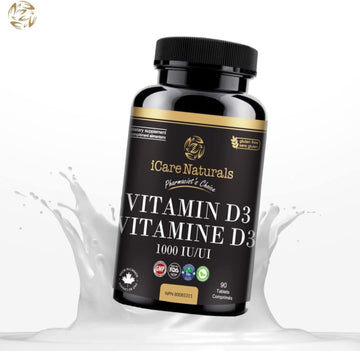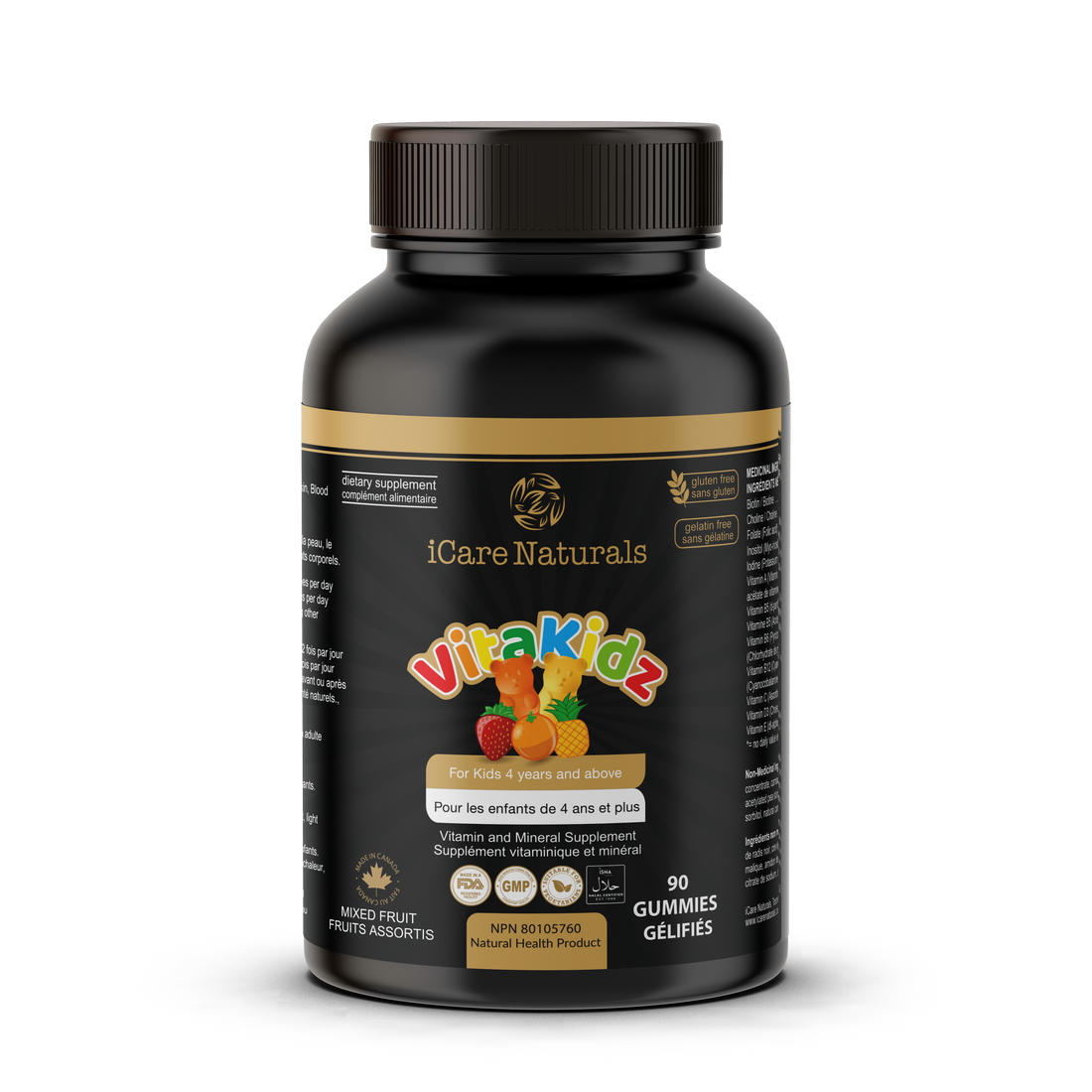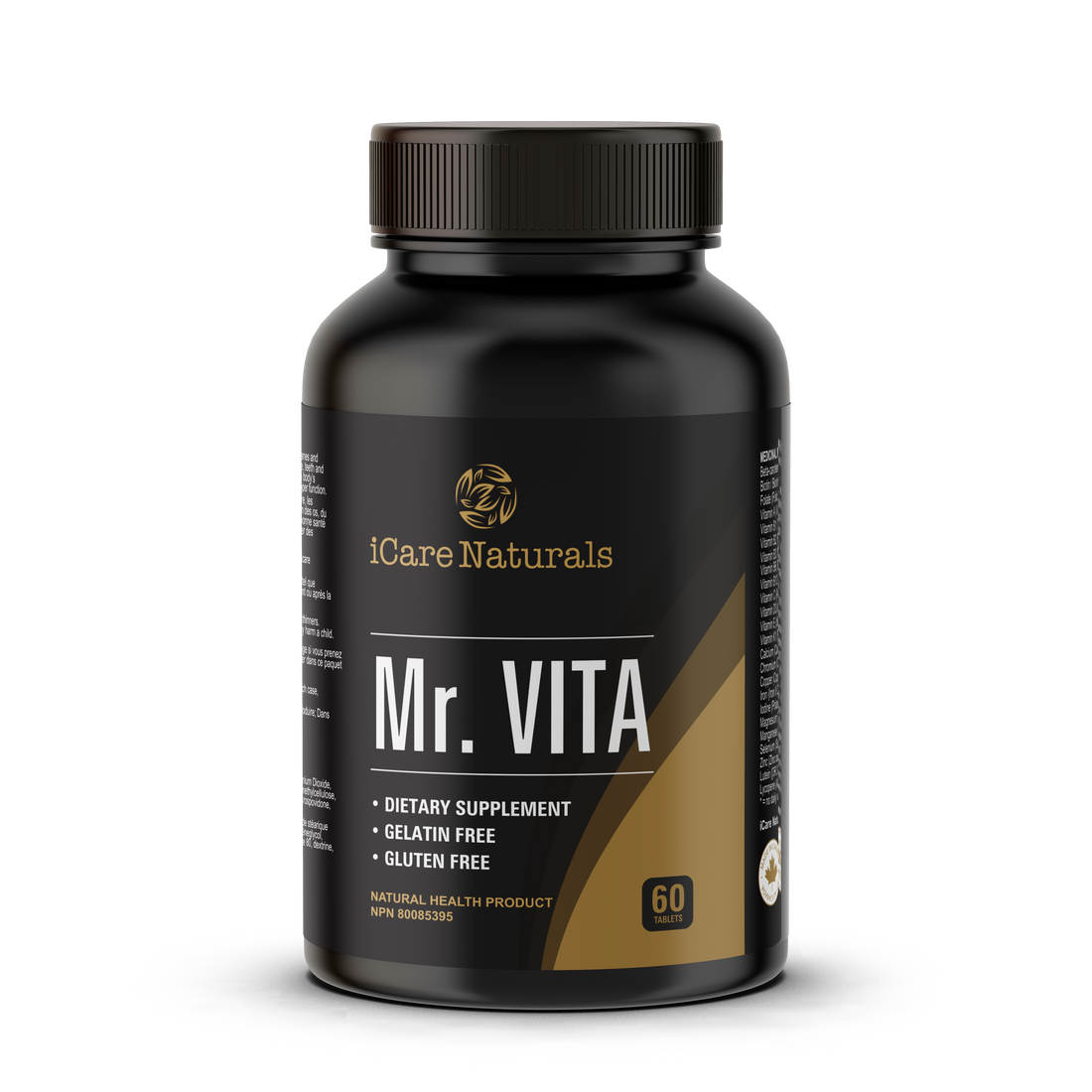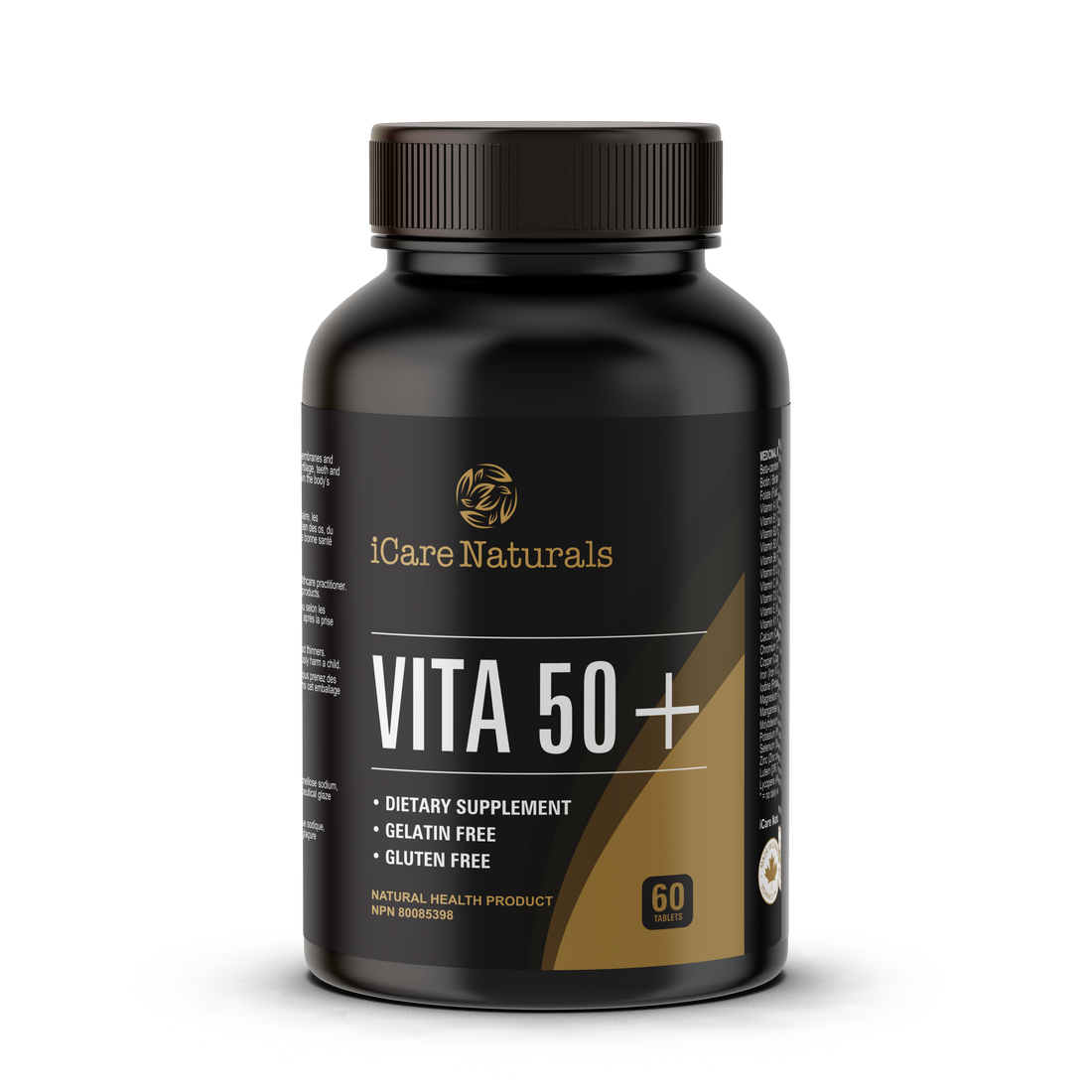Vitamin D
You probably know that Vitamin D can help prevent bone loss and strengthen your immune system, but did you know that it also helps regulate blood pressure, reduces inflammation, and may even protect against colon cancer?
The best way to get enough Vitamin D is through sunlight exposure, but it’s also found in certain foods and can be taken as a supplement. If you think you may be deficient in Vitamin D, the following list of symptoms will help determine whether you should get tested or start taking supplements right away.

What causes vitamin D deficiency?
You might be surprised to learn that vitamin D deficiency is actually quite common. In fact, it’s estimated that one billion people worldwide are deficient in this important nutrient. So what causes vitamin D deficiency?
You may not realize that the sun and certain foods are actually your best sources for getting the vitamin D you need. However, if you do live in a climate where there isn’t much sun or live too far from the equator for natural sunlight exposure, you may have a harder time getting enough vitamin D from your diet alone.
Vitamin D deficiency Symptoms and Treatment
Vitamin D deficiency is surprisingly common and can lead to various health problems. The most common symptoms are fatigue, muscle weakness, and bone pain. Vitamin D deficiency can also lead to an increased risk of infections, depression, and even certain types of cancer.
Taking vitamin D supplements when needed is the best way to ensure you get enough vitamin D in your diet. If you’re not sure if you have low vitamin D levels, it may be worth taking a blood test to find out. In some cases, doctors will prescribe doses of oral or injected vitamin D to correct deficiencies.
-If you're pregnant or breastfeeding, talk with your doctor before starting any new Halal multivitamin for women regime that includes vitamin D because these substances could pass through breast milk and harm your baby.
-For seniors who have calcium deficiency and they take Halal multivitamin for men must ask their doctor about adding vitamin D to prevent possible side effects like kidney stones or increased heart rate.
How much vitamin D do I need?
Most people need between 600 and 800 IU of vitamin D daily. However, your needs may be higher or lower depending on your age, weight, bone health, and other factors. Speak with your doctor to determine how much vitamin D you should be taking.
You can also get vitamin D through exposure to sunlight. Just be sure not to overdo it, as too much sun exposure can lead to skin cancer. For example, in the winter months, when you don't spend as much time outside, vitamin D supplements might be necessary for some individuals.
What foods are good sources of vitamin D?
Vitamin D is a nutrient that helps the body absorb calcium and phosphorus. It's often called the sunshine vitamin because our bodies can make it after exposure to sunlight. Foods that are good sources of vitamin D include fatty fish such as salmon, tuna, and mackerel; fortified milk, yogurt, and orange juice; and eggs.
What supplements should I take?
Vitamin D is an important nutrient that helps the body absorb calcium and phosphorus. It also helps keep bones, muscles, and teeth healthy. A lack of vitamin D can lead to health problems such as rickets, osteoporosis, and muscle weakness.
Vitamin D deficiency disorders and nutrition has been linked to a number of chronic diseases, including diabetes, high blood pressure, multiple sclerosis (MS), cancer, and autoimmune disorders. Studies have shown that people with higher levels of vitamin D are less likely to develop these diseases or conditions than those with lower levels.
What else can I do to increase my levels?

Vitamin D is an important nutrient that helps keep our bones strong and our immune system healthy. However, many people don't get enough vitamin D and can become deficient. Symptoms of vitamin D deficiency include fatigue, muscle aches, and bone pain. So, for this if you want to start with the initial treatment, you should take a good diet, and doing regular exercise will do lot.










